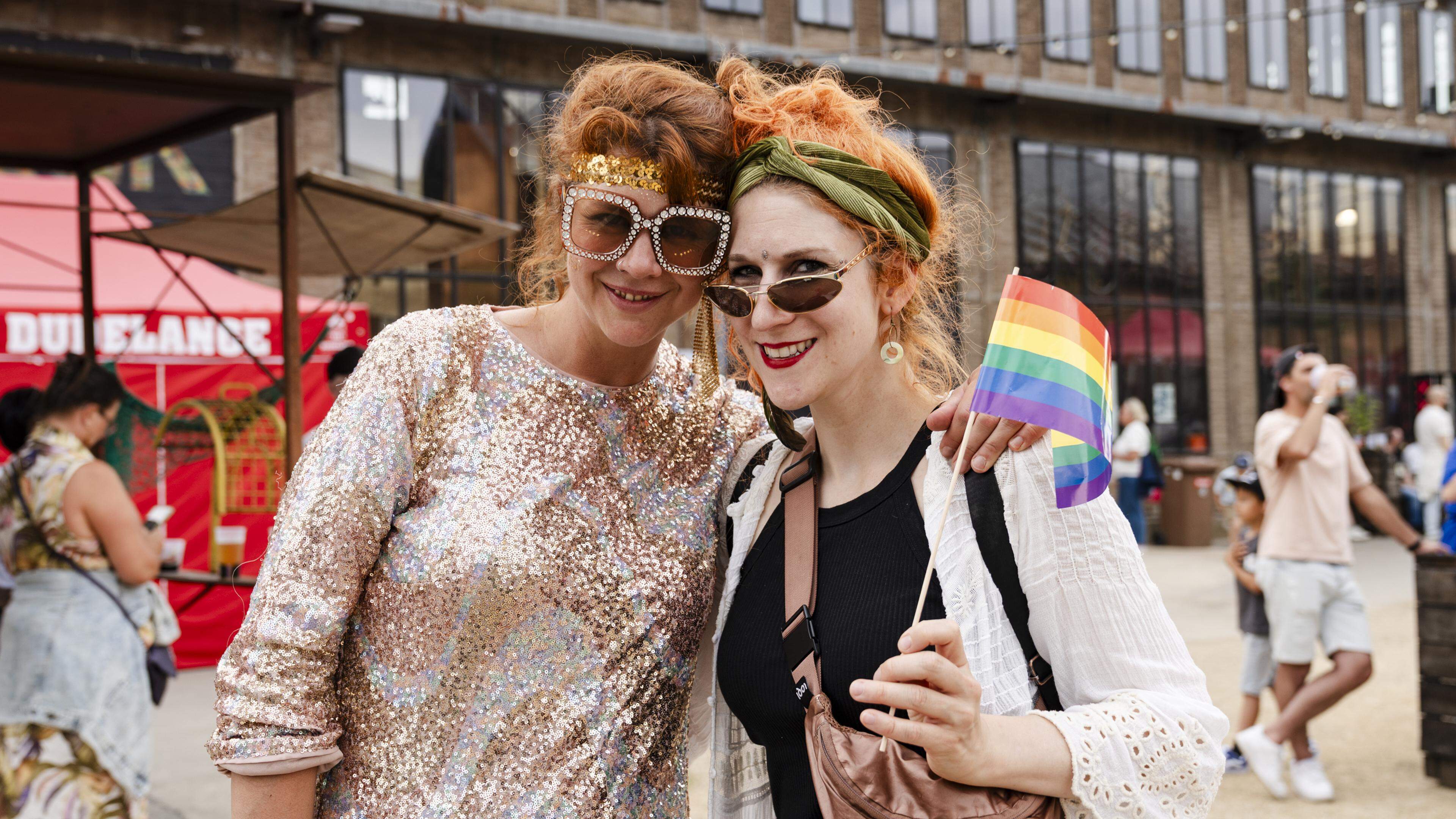Is the crying criticism here to stay?

The criticism is again threatened – this time by the critics’ feelings. At least if you ask Leif Zern, as this spring lifted a warning finger for the crying reviewer. He warned of a « sentimental turn in the criticism » and linked it to a crisis for the cultural sites, where emotions may take over analysis and theory.
He got a bump. Henrik Sahl Johansson pulled in SvD The generation card: « Critics from Zern’s generation can express themselves spice, condescending, cool, overwhelming, but almost never sad. It is a strange approach to human psychology ».
Can it be like that That it is actually a generation issue? Claes Ekenstam, psychotherapist and idea historian, who has researched men’s crying and vulnerability, and who is up to date with the book « The Male Pain », definitely believes that it can be one of the answers.
– I think there is a tendency for older generations to advocate an emotional control ideal. Emotions have the ability to provoke, he says.
Historically, crying has often been associated with weakness, irrationality and lack of self -control, which are characteristics that have not been considered desirable, especially not among men. Instead, it is self -control that has been hailed as a good male trait – perhaps the most important.
-In the 18th century it was different, then there was nothing strange with men crying. But it began to tighten during the 19th century and continued to tighten more and harder until the mid-1900s. This is still alive today and has become part of the dominant mentality, although it has released a little and now sometimes there are also requirements for vulnerability.
When our spontaneous emotional expressions According to Claes Ekenstam, it is questioned the social shame that kicks in, that is, the shame that society wants to impose us.
– You are told that you have made a mistake that has proven vulnerable, that you have done away with your feelings. It takes great strength to withstand the social shame.
Claes Ekenstam believes that we generally feel good about spontaneous emotional expressions. If a novel makes us start crying, we should not fight, on the contrary, we should affirm that kind of expression.
– You usually feel very good about being able to express their spontaneous feelings.

You count the posts in The debate has a majority on Leif Zern’s side. IN GP lifted Stina Otterberg For example, how the cry is related to the authors becoming more self -absorbed and asked « how long the reader should agree to buy the critic’s view solely with the support of his/her emotional reaction to the book in question ».
But are our feelings just our own? In the research, emotions are now highlighted as something that is not only in the individual, but in a group, a society or a whole people.
Riikka Rossi, professor of domestic literature at the University of Helsinki, is currently researching how literature engages readers at an emotional level.
– Of course, it is a lot about the reader, but the fact is that our emotions are not just subjective. Collective and social contexts shape our emotions, she says.
Through response studies, where groups In different parts of Finland, read the same book, Riikka Rossi examines the extent to which our emotions are governed by cultural and mental patterns.
– The emotions are not only in the individual, but also in the group. There are also special feelings that are typical of certain cultures and languages.
Riikka Rossi welcomes critics who share what emotions a book arouses.
– There has long been an idea that one should distance themselves from emotions and challenge them, especially in the criticism. But now you no longer think that emotions are only irrational – they are also a form of knowledge and can show what is important to us.

But what is it Then that makes us cry? Eric Cullhed, professor of ancient Greek at Uppsala University, is currently writing a book about the weep’s philosophy.
– There are seven, eight competing theories about the crown’s essence. Two of them are particularly important in this context: that it is always a sign that we are facing something important and valuable, and that it is a recognition of our vulnerability. Another central question is not so much about what crying is, but about, and if so when, it is right to cry, he says.
Showing emotions in public was common in antiquity, but even then it was questioned. Especially the Stoics were critical. They saw emotions like unreflected value judgments and said that the highest good is not about what we feel, but about how we think and assess.
– You asked what the emotions really add. If anger is about something being unfair, then it is better to understand the injustice than to just feel and express anger. The criticism of the Stoics, for their part, is that emotions are bound to experiences, and if you have never felt anger, sadness or pity, then you also do not understand what it is.

As for it The ongoing debate believes Eric Cullhed that most debaters really seem to agree on the place of emotional expression in the criticism, even if one disagrees about the role the critic’s and private life should play in the reviews.
– Alexandra Borg summarized it well in her post in DN. She meant that the emotions are not the problem. The lack is that they are not explained and conveyed in a generally valid way.
At the same time, the cry is made in the texts that triggered Leif Zern (Victor Malm in ExpressenThe Johan Croneman in DN) explicitly as something mysterious, something that the writers cannot explain. Eric Cullhed had wished the debate chose the more philosophical track and discussed what testimony about its own feeling adds, instead of being made up of more or less strong emotional expressions for the state of things in cultural journalism.
– I would have liked to have seen the debaters being controlled less by emotions.
Read more:
Leif Zern: Tears in the culture is a Christian sign
Alexandra Borg: We should be on our guard against crying critics
Åsa Beckman: Each time critics are blamed for chasing clicks I laugh out loud







:format(webp)/s3/static.nrc.nl/images/gn4/stripped/data80013448-808512.jpg)